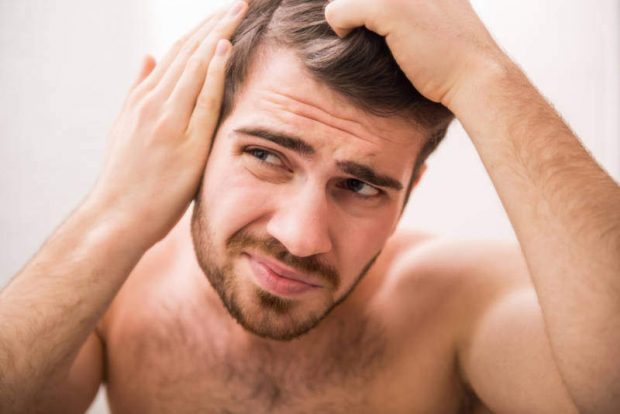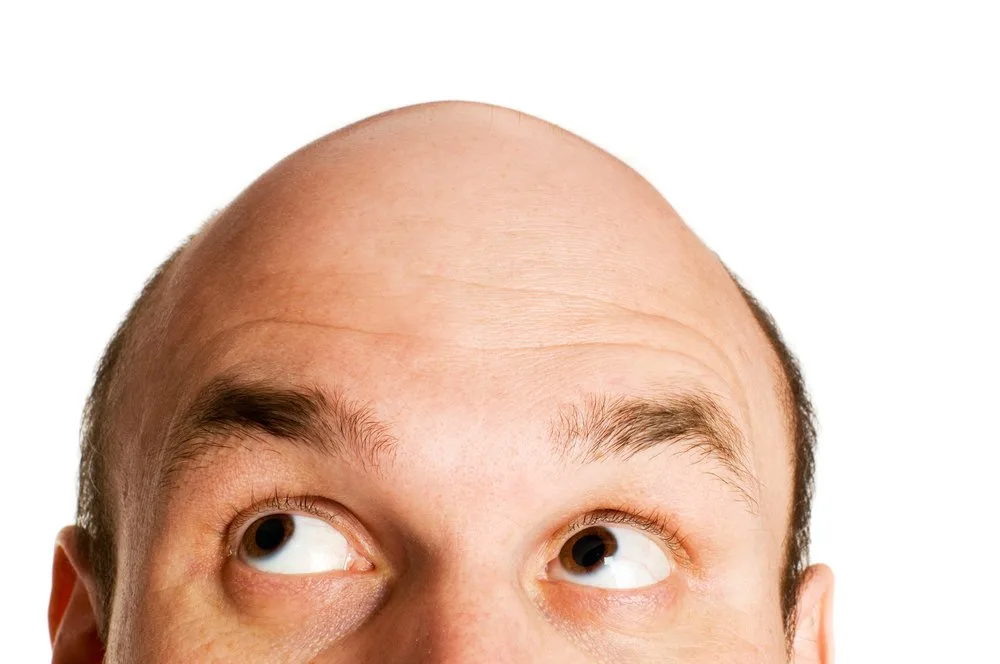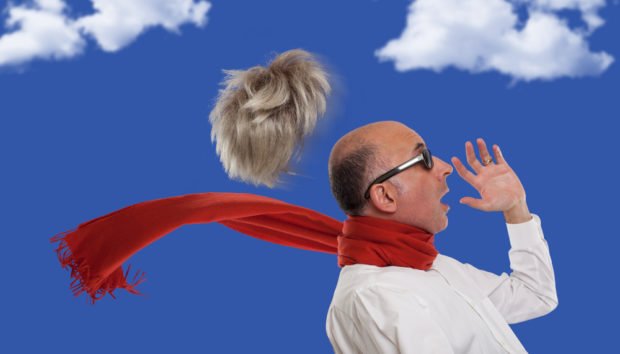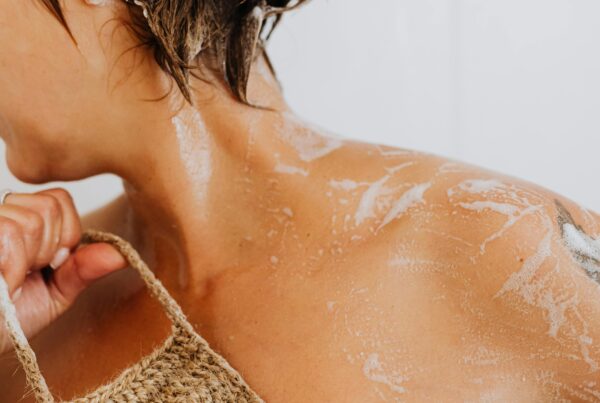Hair loss is something many men suffer from. It can be a cause of great stress and anxiety for those who do. Although we tend to associate hair loss with older people, it can happen to young men and even women as well. Some people start noticing their hair thinning as early as their twenties. So it’s really not just something which the older generations experience.
Losing your hair can really damage your confidence and self-esteem. It might also make you feel like you are getting old fast. It’s suggested that two-thirds of men will be adjusting their hair care routines by the age of 35 in an effort to combat hair loss. This is a massive chunk of the population, and while science is constantly looking for new ways to deal with the problem and there are plenty of “miracle cures” being touted by hungry industries, there are no overnight solutions, and no magic pills you can take to regrow your hair.
Hair Loss Mistakes are Common
A lot of hair care is down to the dos and don’ts of your everyday routines, so we’ve collated a list of some of the things many men do wrong when it comes to keeping their hair healthy and thick. Have a look through these and see if you can identify areas where you may be exacerbating the problem. Or where a change in your routine could help improve your hair thickness.
If you’re worried about hair loss or starting to suffer from it, here are a few things which you might be doing wrong when it comes to maintaining your full head of hair.
1) Keep Your Hair Long
This is tempting for obvious reasons; if you have long hair, you have more hair. The idea is that a long cut will look fuller, and any thinning will be less obvious. Unfortunately, this is often not the case. Shorter haircuts will hide the thinning better because the different layers will blend into each other. You will also find that keeping your hair long increases the stress on the individual hairs. This causes them to break more quickly and easily, and you to have less hair overall. A short cut reduces the pressure on the hairs and helps to prevent breakages.
This doesn’t mean you need to go for a buzz-cut straight away. Rather talk to your barber and ask about your options. Very short hair won’t help to hide the balding. Try and find a comfortable in-between that works for you. Short hair will reduce stress on the hair, and make you feel better. For women, this might be a medium-length cut. But again, a hairdresser should be able to advise. Talk through the styles you like. Try to find one that feels good for you, but won’t put unnecessary stress on your hair.
2) Too Much Brushing 
Brushing your hair regularly tugs on the individual hairs, weakening and breaking them, and thinning your hair. While brushing makes your hair look good in the short-term, it’s not great for its overall health. Try to minimize it as much as you can.
It’s much better to comb through your hair very lightly, minimizing any snagging or tearing. Or even forgo the comb or brush entirely, and use your fingers to style your hair if possible. You can tweak it around with your hands almost as easily as with a brush or comb.
And if you use wax or gel, you might find it’s easier to style this way. If your hair doesn’t lend itself to being styled by hand, consider getting a different sort of cut that will allow you to do this. This is another reason that shorter cuts tend to be better for your hair than long ones; it’s usually relatively quick and easy to style them, however you choose to do it. This will minimize fussing over your hair on a daily basis and may help to reduce breakages.
3) Poor Diet
Like so many things, our diet definitely impacts the health of our hair. This is certainly frustrating, but it’s not surprising; we can only be as healthy as we allow our bodies to be, and this goes for all parts of us! If you’ve suddenly noticed thinning hair, you might want to re-evaluate your diet and decide where it’s lacking. Look for deficiencies in certain nutrients, and work out ways to make these up by changing what you eat, and trying specifically to include them in your diet on a regular basis.
If you’re struggling with this, talk to a doctor or dietitian and try to identify problem areas. You might need to keep a food diary to help you understand your diet better. Lack of iron and vitamin B are common contributors to hair loss, and if you can’t get enough of these in your diet, you may need to try some supplements to help. Improving your diet should improve the condition of your hair, making it grow thicker and stronger, and decreasing breakages. Nourish your hair better, and it will be healthier – just like any other body part!
4) Washing Your Hair Too Much
There are a couple of things you might be doing wrong in terms of how you wash your hair. Firstly, you may be washing it too often. As a society, we tend to be hyper-aware of cleanliness, and while that isn’t a bad thing in itself, we sometimes take it to the extremes and do more harm than good. Using too much shampoo and conditioner, or using them too regularly, can break down your hair, stripping it of the oils which protect it, and exposing it to harsh chemicals.
To counter this, try to choose a gentle shampoo, and slowly reduce the regularity with which you wash it. Go from every day to every two days, and then to every three. It will take a while for your hair to regulate its production of oils, but given time, it will sort itself out, and will feel healthier for the change.
5) Washing Your Hair Too Gently
Secondly, many people – understandably – start to wash their hair very gently when they are aware it is beginning to thin. This makes sense but isn’t very good for your hair. The scalp requires some stimulation to get the blood flowing and to encourage hair production, and if you only dabble your fingers gently across it, it isn’t getting that.
Try massaging your scalp when you wash your hair, and really scrubbing your fingers around it. You may notice more hair coming loose initially, but overall, this should help stimulate the hair follicles and increase the growth of new, stronger hairs. Really work the suds into your scalp when you do wash your hair, and massage your head. You may find this also helps to reduce your stress, which is something that can contribute to baldness as well. Quick showers may be good for the environment, but taking a little extra time on your hair and scalp may really help with hair loss.
6) Frequently Wearing Hats
This might sound like a silly one, but hats can contribute to hair thinning and baldness – which is frustrating as many people turn to them as a way of hiding those exact things. Unfortunately, thinning hair is more fragile, and therefore wearing a hat regularly can lead to more breakages and more hair loss than not wearing one. While hats may seem like a short-term solution, they will make the long-term problem worse overall, so they’re best avoided if possible!
 7) Using Wrong Products
7) Using Wrong Products
The temptation when you’re worried about the look of your hair is to run out and buy products that will solve it. Most of us know there’s no simple cure for baldness, so instead, we look for cover-up solutions, and a particular favorite seems to be wet-looking gels. These, on the whole, aren’t as good as they initially seem to be.
Slicking your hair into a bunch is far more likely to draw attention to the bald patches; you’ll show off nice thick hair in one place, but leave everything else thin. The contrast really won’t make for a good look, and will also highlight your sensitivity about having thinner hair. Leave slicked-back hair to teenagers and movies, and try something different.
Clays are much better than gels for giving your hair a bit of body. They’ll avoid the “wet” look that gels tend to produce, and leave your hair with more volume, a bit of a fluffy texture, and a nice matte effect. The recommended amount is a 2p size at most, to avoid overdoing the product, and then it’s best to use your hands to create the desired ruffle effect.
8) Ignoring It
This is perhaps the biggest mistake that many men make when it comes to hair loss and balding. They pretend it isn’t happening, or don’t notice, and take no action. This sort of denial usually serves to worsen the problem because they will make no effort to understand how to fix it, or what behavior to avoid.
Admitting there is an issue is the first step to curing it. From there, you can look at potential causes, such as stress, a habit of playing with your hair, or medical reasons. You can speak to your doctor and decide on a treatment plan, and – while there are no magical cures – you can look at products which may help mitigate the hair loss.
Losing hair is something many people associate with embarrassment, which is one of the reasons so many people try to hide it or deny it’s happening. Unfortunately, the only way to deal with it is to acknowledge it and start seeking solutions. Pay attention to the condition of your hair, notice if it’s falling out in greater quantities than usual, and be honest with yourself.
Hair loss is a frightening and sometimes embarrassing thing to undergo, and many people feel ashamed when they realize their hair isn’t as thick as it used to be. We feel powerless against the change in our bodies, worry that we are aging unnaturally fast, and often turn to quick-fixes or pretend the problem doesn’t exist rather than addressing it at its roots and dealing with it properly.
The Bottom Line on Hair Loss Mistakes
While there aren’t any real and simple “solutions” to hair loss, partly because it is caused by many different things, using the above information to adjust your hair care routine should help you better manage any issues with hair loss. Don’t be afraid to try products that reduce hair loss, but do your research, and distrust miracle overnight cures. Careful diagnosis of the issue and consistently good care will do more than any wonder fixes you can purchase. Try to reduce your stress levels, eat well, and be happy with your looks as much as you are able to.
If you enjoyed reading this article, you will want to read about how ginger can help with your hair loss.
Who Is The Author?
Health editor Aimee Laurence can be found offering her expert insights at AustralianHelp and Paper Fellows, where, as well as editing duties, she writes about how to establish a healthy body and mind. She also tutors on the State Of Writing platform.



 7) Using Wrong Products
7) Using Wrong Products

![women [longevity live]](https://longevitylive.com/wp-content/uploads/2020/01/photo-of-women-walking-down-the-street-1116984-100x100.jpg)










